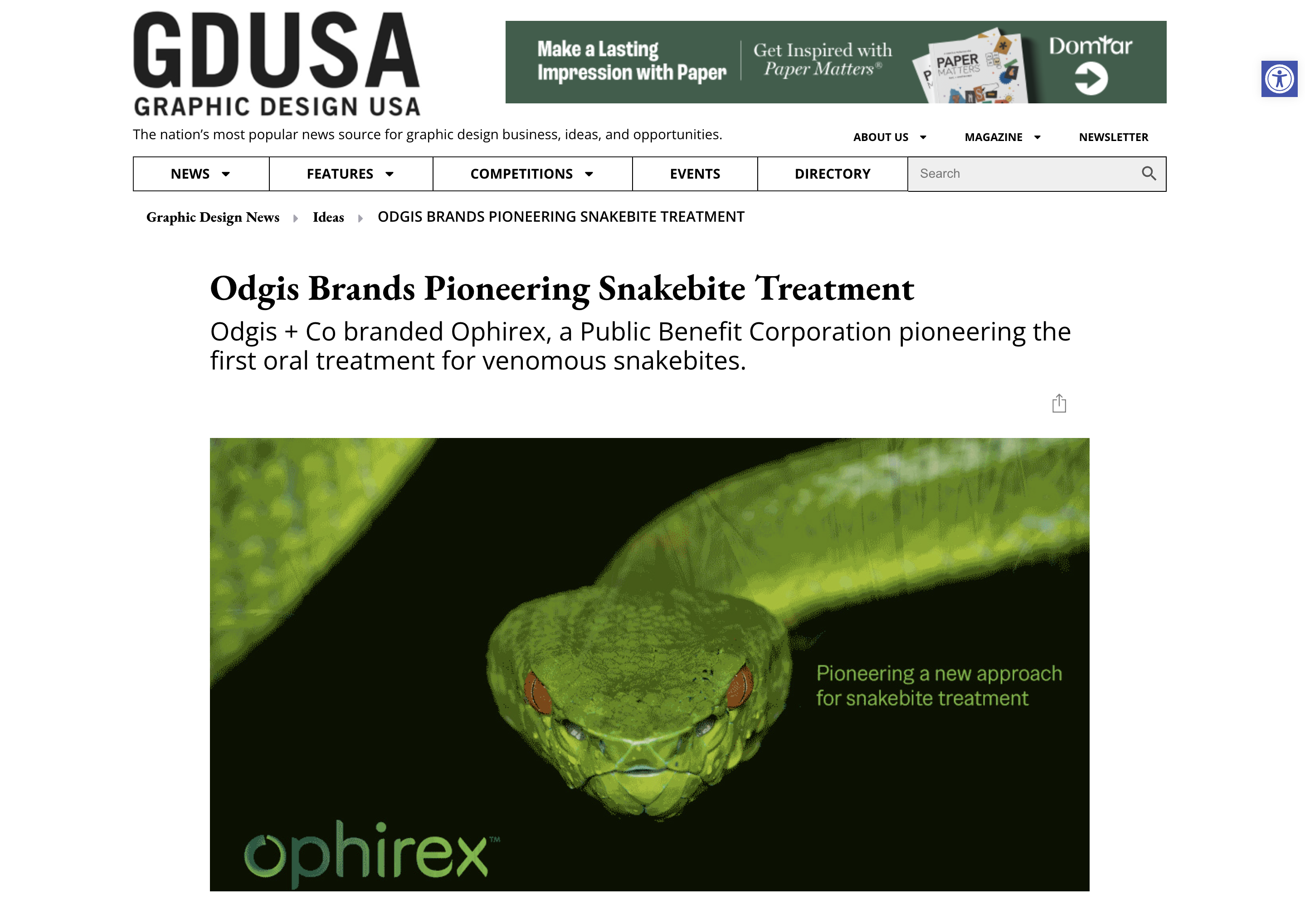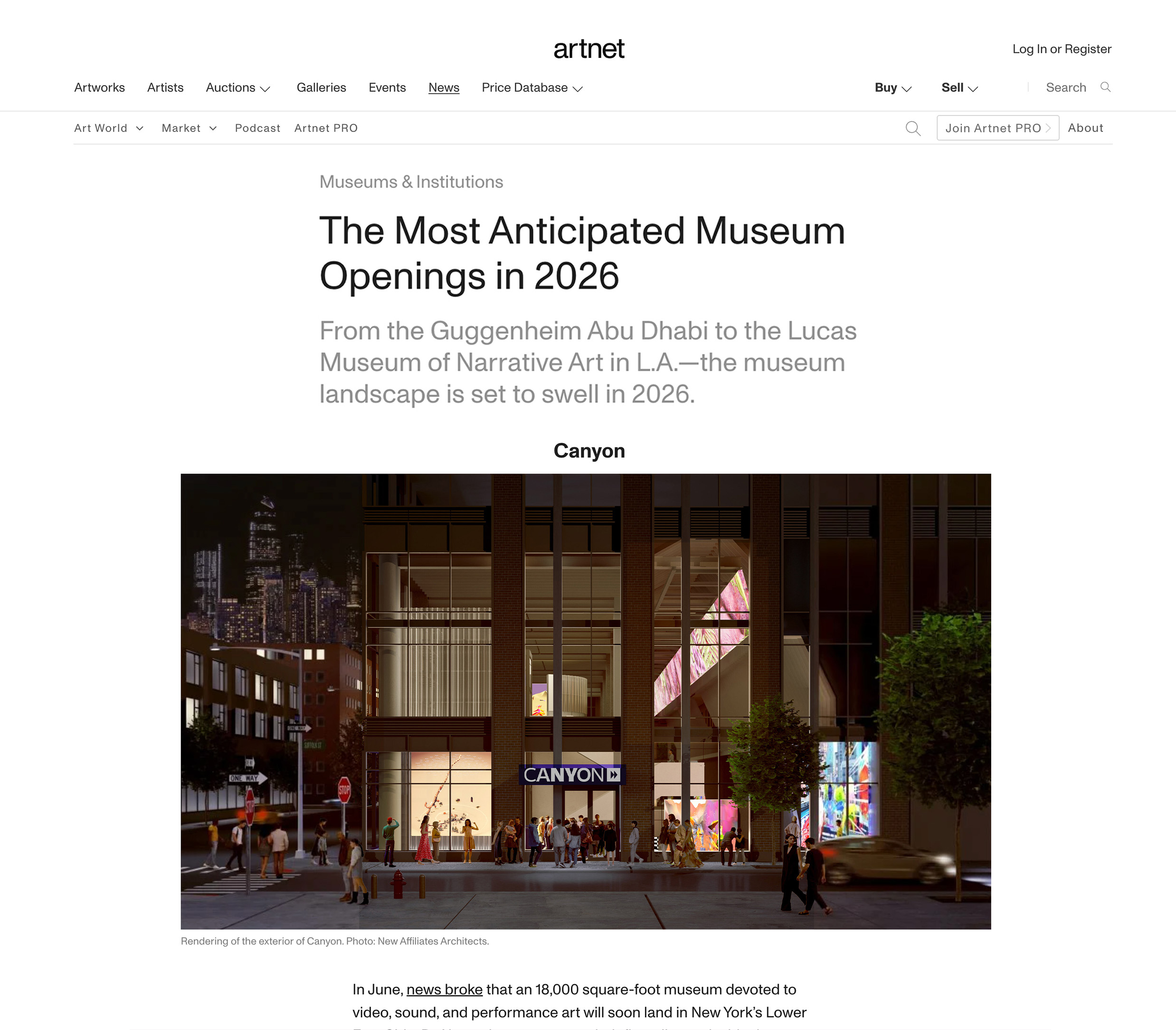Importance of Asking Questions
Huffington Post
9/7/2016
In order to ensure that a project achieves its unique vision, a client must get involved and participate on a frequent basis. But when the time comes to answer questions, clients often become unavailable and avoid meeting. This is natural: no matter how strongly they may argue their positions within the context of their own industry, exploring inner unresolved goals or projecting into the future can often force them out of their comfort zones.
Asking lots of questions is particularly tricky whenever you’re dealing with clients who are busy people in leadership roles. Often they assume that if you are a pro, you should know what they are thinking. Open-ended topics are inherently uncomfortable, and getting a clear candid response isn’t easy even in the best circumstances. Who has the time to delve into unfamiliar territory? But delve you must, if you want to create an effective solution.
It all comes down to establishing an environment of trust in which dialogue can thrive. Make it clear that these meetings are highly confidential. Like a doctor, you have to diagnose the problem and understand the pain points and issues. During meetings, asking open-ended questions is a particularly effective way of getting a client to open up and start a dialogue. I’ve also had great success in sending questions to a client in advance, so they don’t feel put on the spot when we meet face-to-face.
Well, the irony is that such pre-formulation can help you clarify things. Often the answer to a brand conundrum can be found in the thickets of the current solution, the one from which you’re trying to expand. Yes, existing solutions are safe—but the nuances within are where the next great idea lies. Have the patience to ponder possibilities and cut through the clutter, and you’ll find it.
In order to start the conversation and set the trajectory, begin by having them articulating their history. Set a baseline and it will make it easier to have them elucidate their vision. You must establish their firm’s ideal public image, the audience they are pursuing, the tone they would like to set and, crucially, what sort of lasting impression the firm would like to make.
Whether you send the questions in advance, or at the meeting, your ultimate goal is to drill as deeply as possible into the client’s issues and aspirations. The brand strategist should do their homework in advance so that the questions are relevant to that company and industry. That means coming up with a line of questions designed specifically for a particular client; you must go into the back-story, point of view, preferences for tone, and their opinions on various aspects of the project.
This discovery process will also clarify your own thinking about the project. Depending on their answers, you can more effectively determine how their brand could look and feel as it evolves successfully, and how they can address their current needs. For those strategists who feel reluctant to pepper their clients with questions, remember: if you don’t gather all the information possible, there’s a risk you won’t fully serve your client’s needs.
Absolutely, if possible, or on a video conference call. While it’s sometimes time-efficient to send a list of questions via email, an in-person meeting allows you to pick up on body language, facial expressions and other subtleties.
In the process you can hit a nerve as you dig into heart of the vision but more likely there’s a good chance that the opposite will happen: the more you delve into the issues and explore concepts, the more excited the client is likely to become about the possibilities at hand. But if you feel the client truly doubts your efforts, you can also take a few moments to explain how effective marketing can do everything from help build relationships to propel the company forward.
You’re not asking your client to solve the problem; that will come after the discovery process, once you’ve synthesized the information you’ve been given. The only bad question is the one that never gets asked. There’s no shame in it! Get asking, and watch the effectiveness of your communications improve dramatically.
The Importance of Asking Questions article by Janet Odgis originally posted to the Huffington Post Blog.
Odgis + Co is an award-winning brand design studio based in New York City. For 30 years, Janet Odgis has worked with some of the world's most prestigious corporations reinventing ways to define and express their brands. She is a contributer to HuffPost and shares articles on LinkedIn.
Asking lots of questions is particularly tricky whenever you’re dealing with clients who are busy people in leadership roles. Often they assume that if you are a pro, you should know what they are thinking. Open-ended topics are inherently uncomfortable, and getting a clear candid response isn’t easy even in the best circumstances. Who has the time to delve into unfamiliar territory? But delve you must, if you want to create an effective solution.
How can a brand strategist encourage a client to answer questions?
It all comes down to establishing an environment of trust in which dialogue can thrive. Make it clear that these meetings are highly confidential. Like a doctor, you have to diagnose the problem and understand the pain points and issues. During meetings, asking open-ended questions is a particularly effective way of getting a client to open up and start a dialogue. I’ve also had great success in sending questions to a client in advance, so they don’t feel put on the spot when we meet face-to-face.
What’s the secret to getting more than just pre-formulated replies?
Well, the irony is that such pre-formulation can help you clarify things. Often the answer to a brand conundrum can be found in the thickets of the current solution, the one from which you’re trying to expand. Yes, existing solutions are safe—but the nuances within are where the next great idea lies. Have the patience to ponder possibilities and cut through the clutter, and you’ll find it.
How do you make sure the client participates fully?
In order to start the conversation and set the trajectory, begin by having them articulating their history. Set a baseline and it will make it easier to have them elucidate their vision. You must establish their firm’s ideal public image, the audience they are pursuing, the tone they would like to set and, crucially, what sort of lasting impression the firm would like to make.
Whether you send the questions in advance, or at the meeting, your ultimate goal is to drill as deeply as possible into the client’s issues and aspirations. The brand strategist should do their homework in advance so that the questions are relevant to that company and industry. That means coming up with a line of questions designed specifically for a particular client; you must go into the back-story, point of view, preferences for tone, and their opinions on various aspects of the project.
This discovery process will also clarify your own thinking about the project. Depending on their answers, you can more effectively determine how their brand could look and feel as it evolves successfully, and how they can address their current needs. For those strategists who feel reluctant to pepper their clients with questions, remember: if you don’t gather all the information possible, there’s a risk you won’t fully serve your client’s needs.
Should you meet in person?
Absolutely, if possible, or on a video conference call. While it’s sometimes time-efficient to send a list of questions via email, an in-person meeting allows you to pick up on body language, facial expressions and other subtleties.
What if all my questions seem to tire the client out?
In the process you can hit a nerve as you dig into heart of the vision but more likely there’s a good chance that the opposite will happen: the more you delve into the issues and explore concepts, the more excited the client is likely to become about the possibilities at hand. But if you feel the client truly doubts your efforts, you can also take a few moments to explain how effective marketing can do everything from help build relationships to propel the company forward.
Asking the wrong questions can produce the right answers
You’re not asking your client to solve the problem; that will come after the discovery process, once you’ve synthesized the information you’ve been given. The only bad question is the one that never gets asked. There’s no shame in it! Get asking, and watch the effectiveness of your communications improve dramatically.
The Importance of Asking Questions article by Janet Odgis originally posted to the Huffington Post Blog.
Odgis + Co is an award-winning brand design studio based in New York City. For 30 years, Janet Odgis has worked with some of the world's most prestigious corporations reinventing ways to define and express their brands. She is a contributer to HuffPost and shares articles on LinkedIn.



